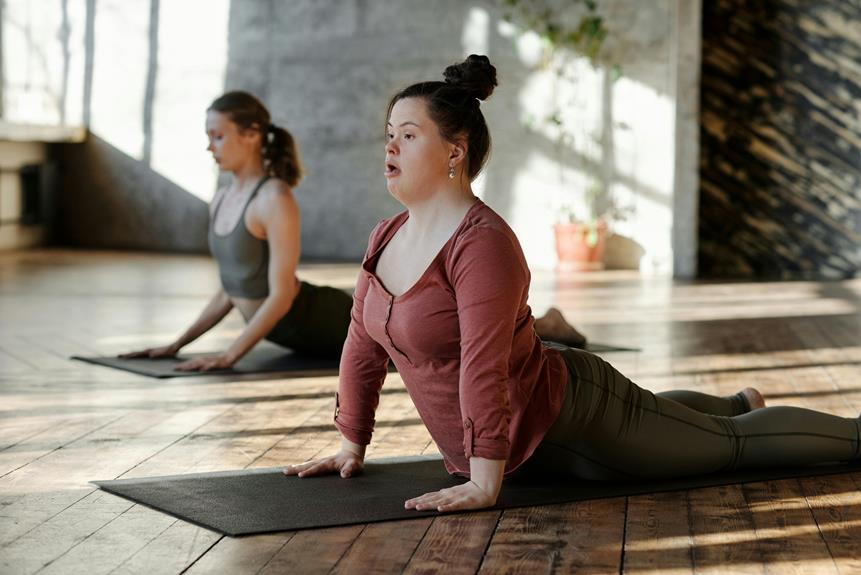
When you engage in strength training, more than just your muscles benefit. Have you ever wondered how those weightlifting sessions impact your bones and posture? The relationship between strength training and bone health is intriguing, and the effects on your posture are equally significant. So, why not explore how lifting weights can lead to stronger bones and better alignment?
Benefits of Strength Training for Bones
Strength training builds bone density and strength, reducing the risk of fractures and osteoporosis. By subjecting your bones to the stress of weight-bearing exercises, you stimulate the bone-forming cells to increase mineral content and improve structural integrity. This process not only makes your bones stronger but also enhances their ability to withstand impact and resist fractures. As you engage in activities like squats, lunges, and weightlifting, your bones adapt by becoming denser and more resilient.
Furthermore, strength training helps maintain bone health as you age. As you grow older, bone density naturally decreases, increasing the risk of fractures and conditions like osteoporosis. Incorporating strength exercises into your routine can counteract this natural decline, keeping your bones strong and reducing the likelihood of fractures. This proactive approach to bone health is essential for overall well-being and longevity.
Impact on Bone Density
Enhancing bone density through targeted exercises is crucial for maintaining skeletal strength and resilience. When you engage in strength training, the stress placed on your bones stimulates the production of new bone tissue, leading to increased bone density. This process is essential for preventing conditions like osteoporosis and reducing the risk of fractures as you age.
Strength training, such as weightlifting or bodyweight exercises, creates a mechanical load on your bones, prompting them to adapt and become stronger over time. By consistently challenging your bones through resistance exercises, you promote the deposition of minerals like calcium, making your bones denser and less prone to fractures.
Regular strength training not only improves bone density but also enhances overall bone health, ensuring that your skeletal system remains robust and capable of supporting your body effectively. Incorporating weight-bearing exercises into your routine can significantly impact bone density, contributing to better posture and reducing the likelihood of bone-related issues in the future.
Role in Posture Enhancement
Improving your posture through strength training involves developing core stability and muscle balance. When you engage in strength training exercises such as squats, deadlifts, or overhead presses, you target the muscles that support your spine and help you maintain an upright posture. By strengthening these muscles, you can reduce the risk of slouching or experiencing back pain due to poor posture.
Additionally, strength training helps correct muscle imbalances that may contribute to poor posture. For example, if your chest muscles are tight and your back muscles are weak, it can pull your shoulders forward, leading to a rounded posture. By incorporating exercises that target both the chest and back muscles, you can achieve better alignment and posture.
Overall Physical Well-being
Developing overall physical well-being involves incorporating strength training exercises that target various muscle groups and promote cardiovascular health. By engaging in a well-rounded strength training routine, you can enhance your overall fitness levels and improve your quality of life. Strength training not only helps you build muscle and increase bone density but also boosts your metabolism, aiding in weight management. Additionally, regular strength training can improve your posture, reducing the risk of injuries and chronic pain.
Furthermore, incorporating strength training into your fitness regimen can enhance your mental well-being by reducing stress and anxiety levels. The release of endorphins during exercise can improve your mood and overall mental health. Moreover, strength training can enhance your endurance and stamina, allowing you to engage in daily activities with ease and efficiency.




